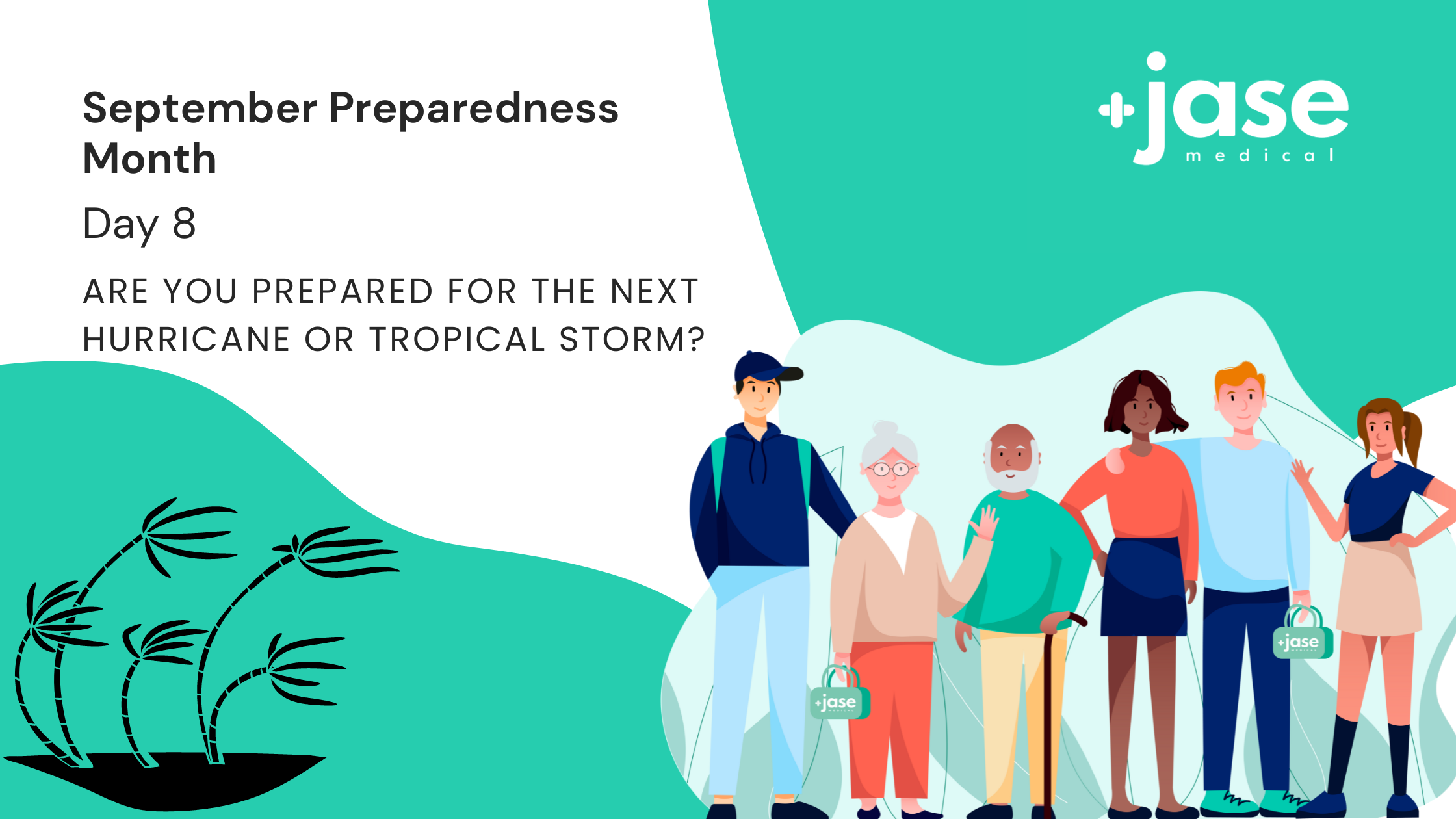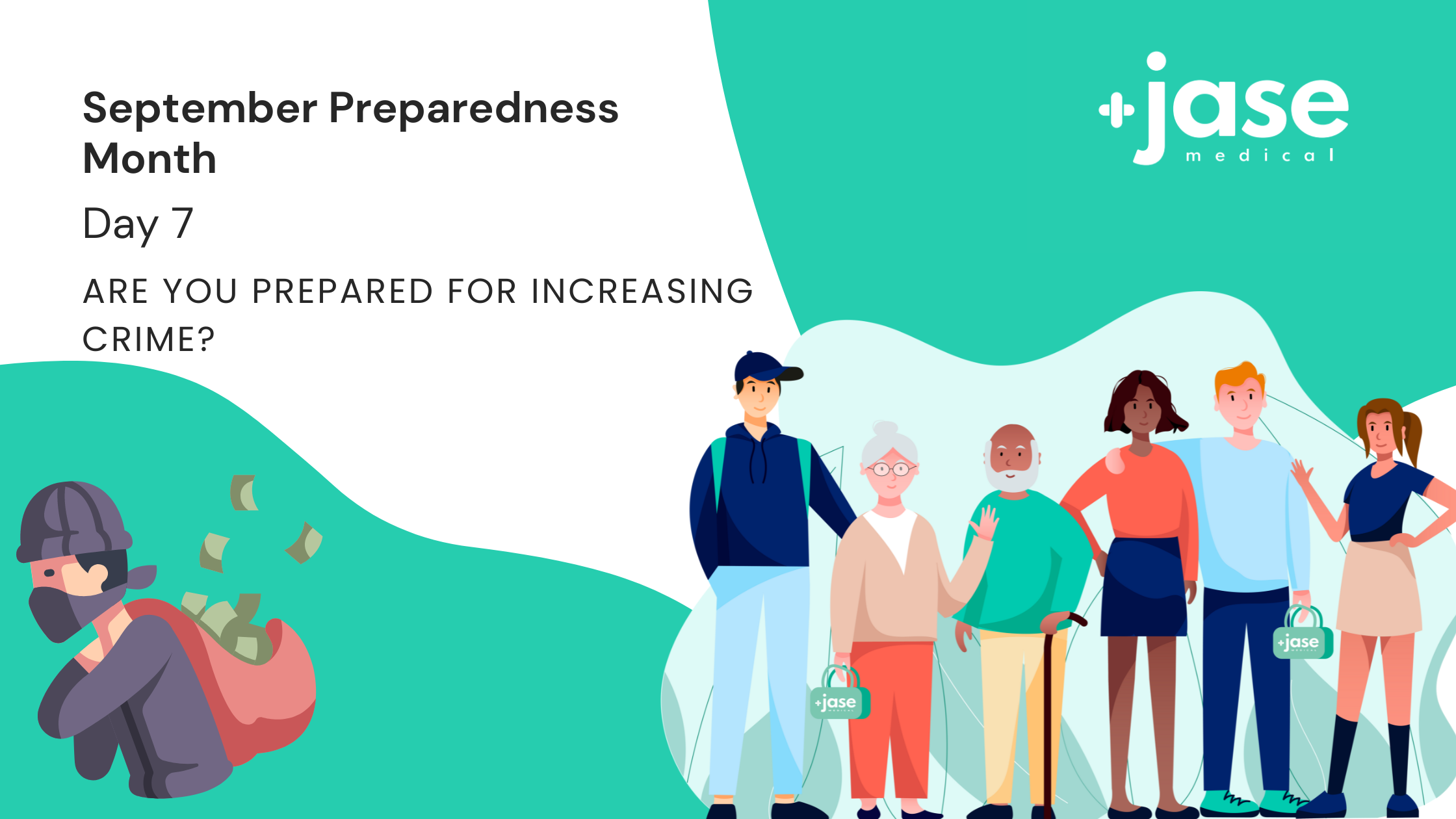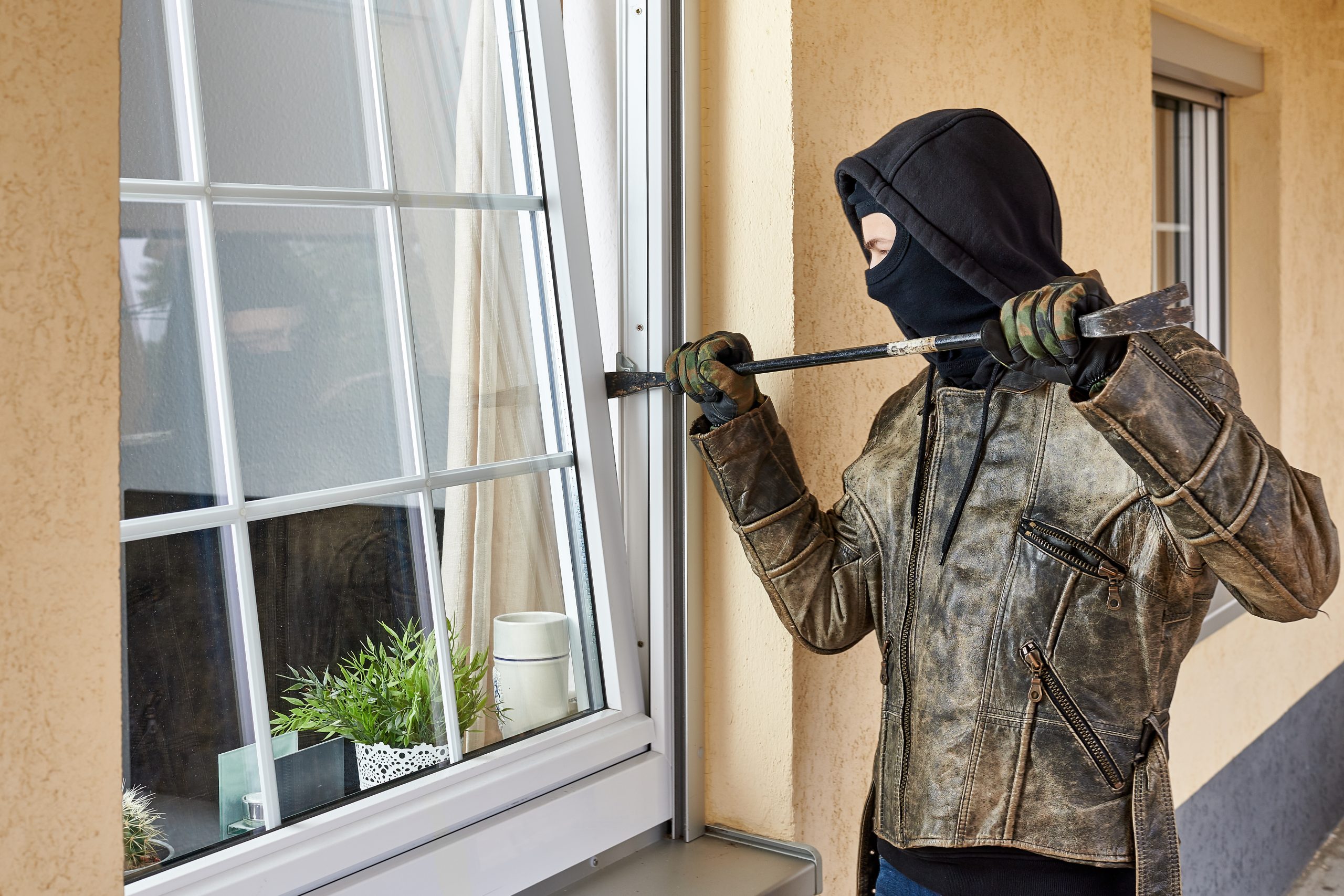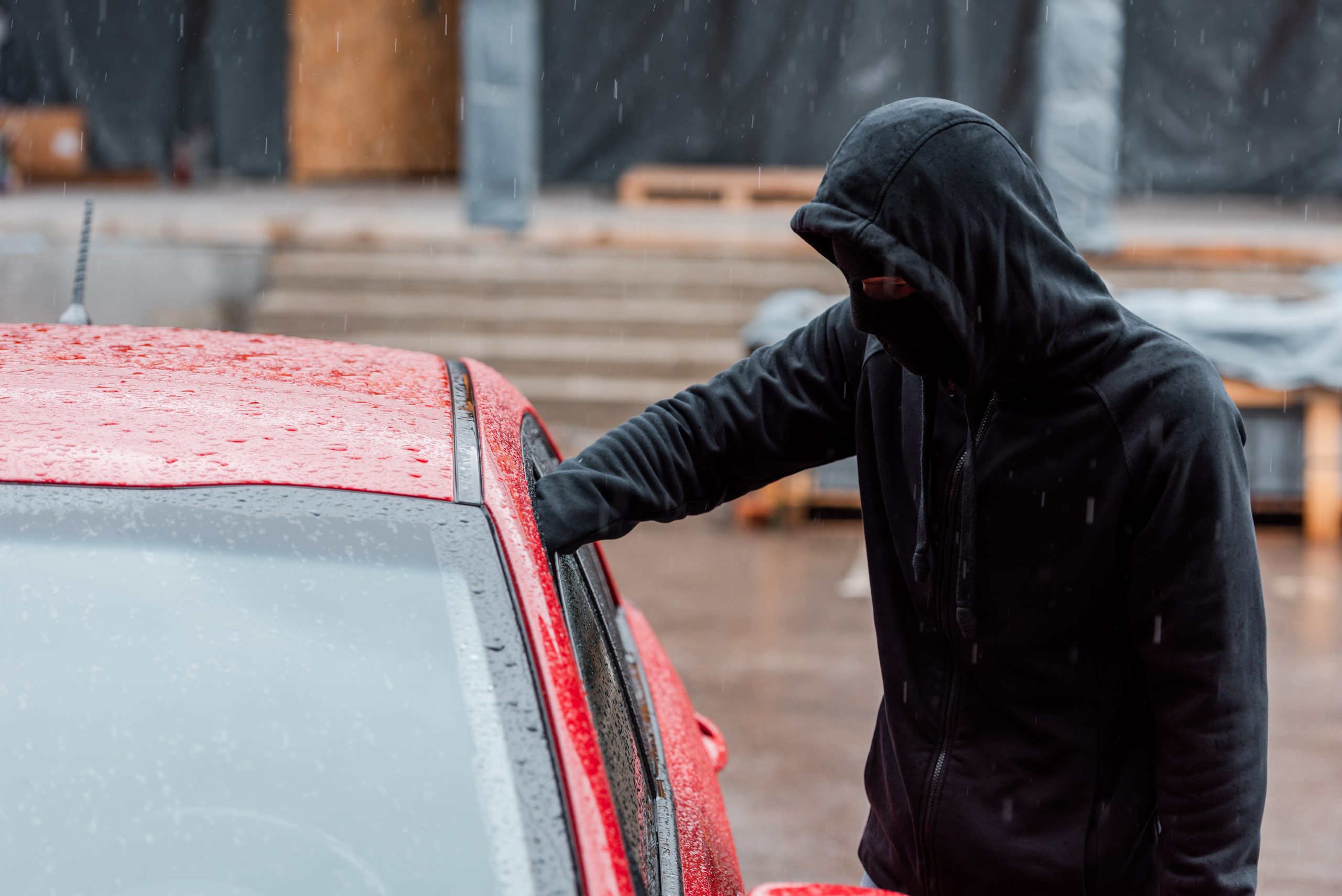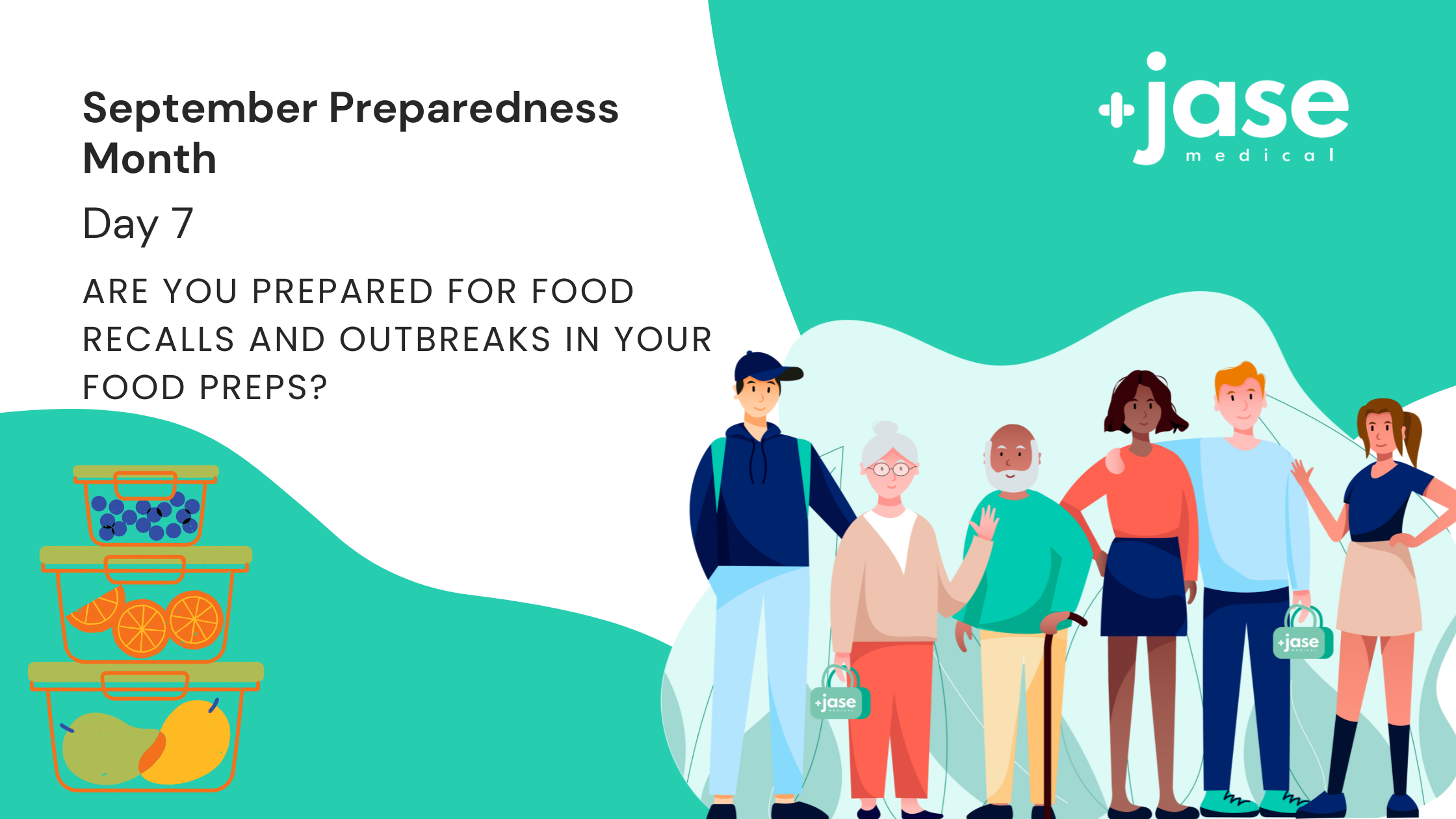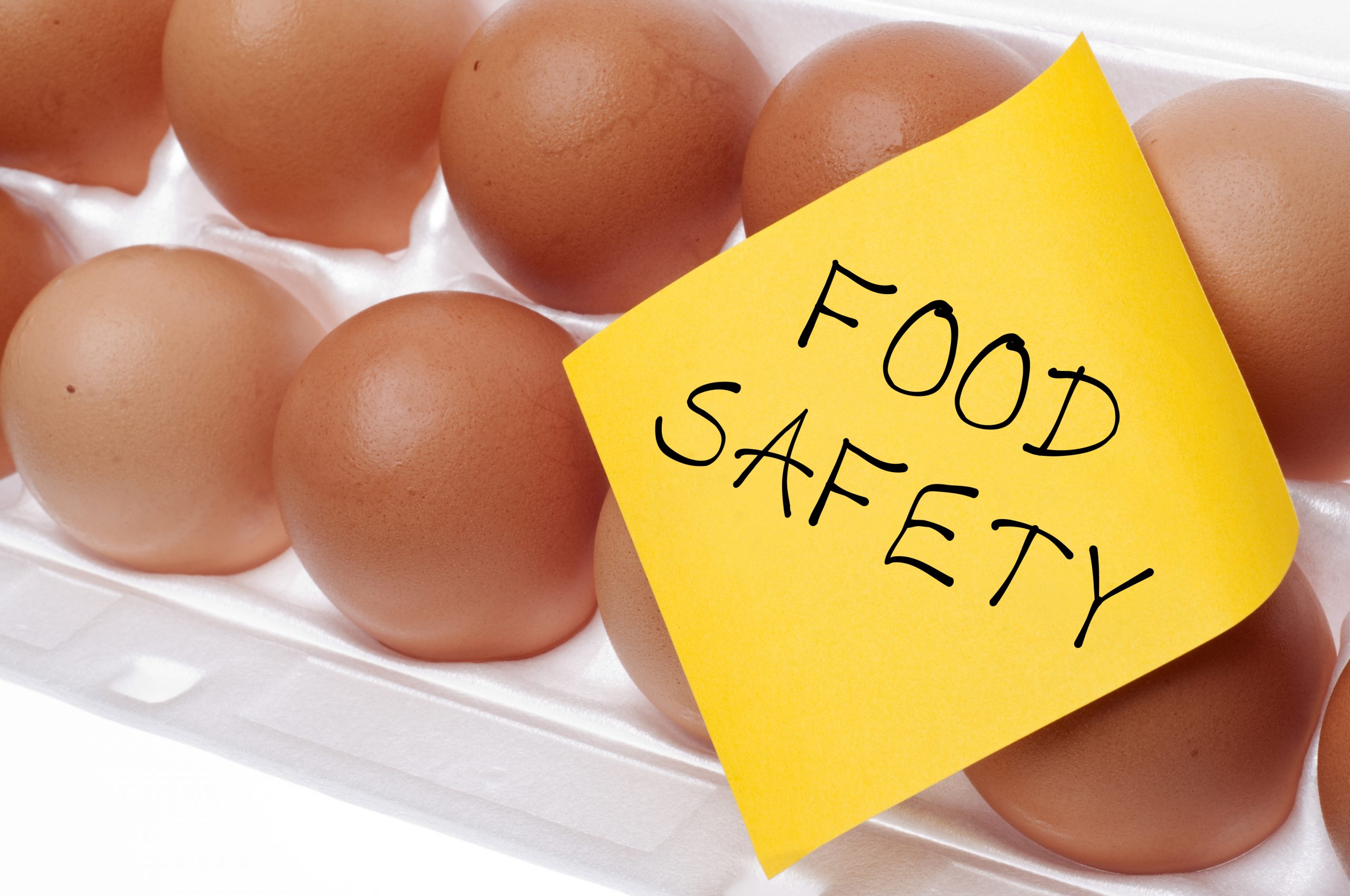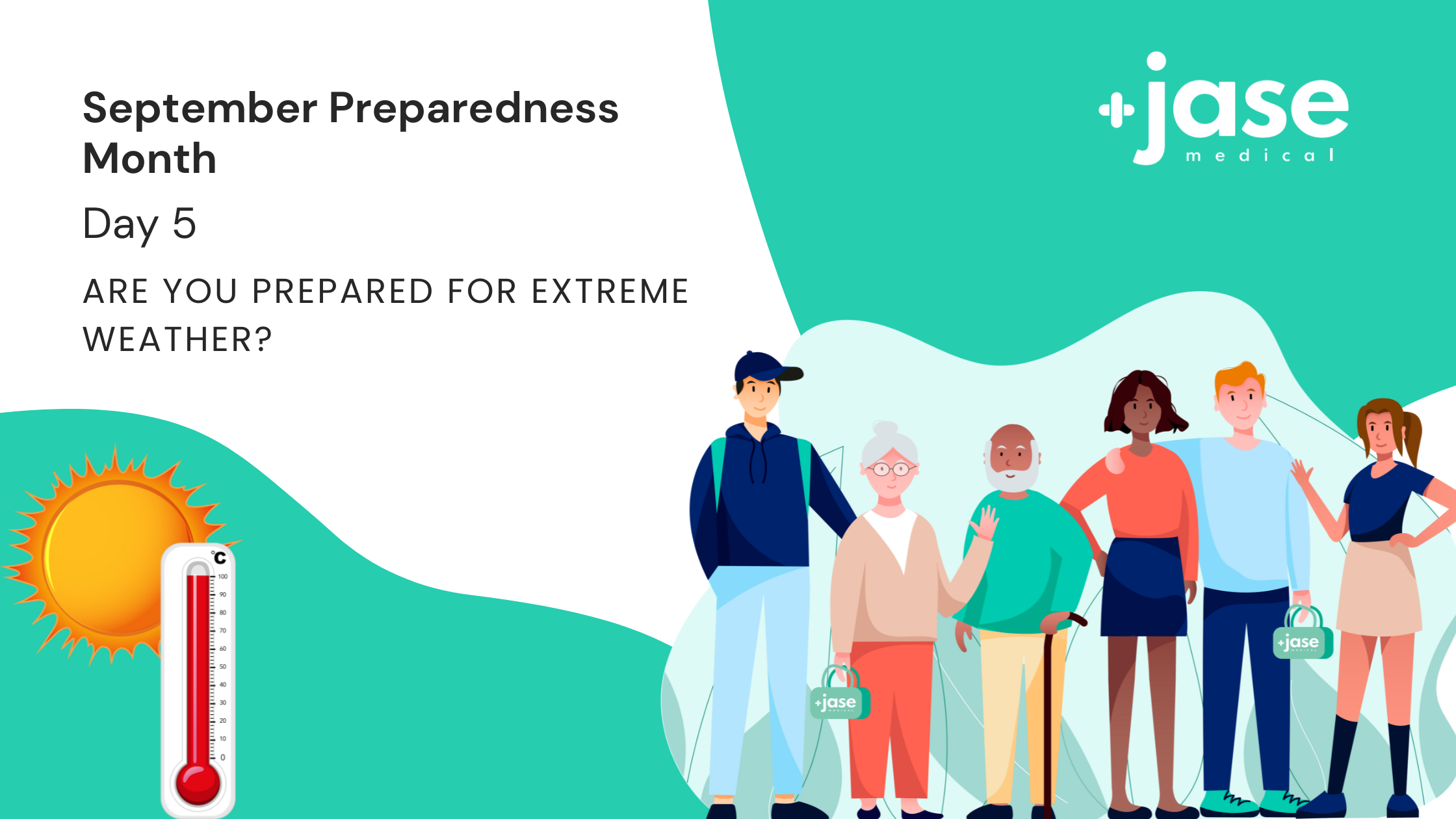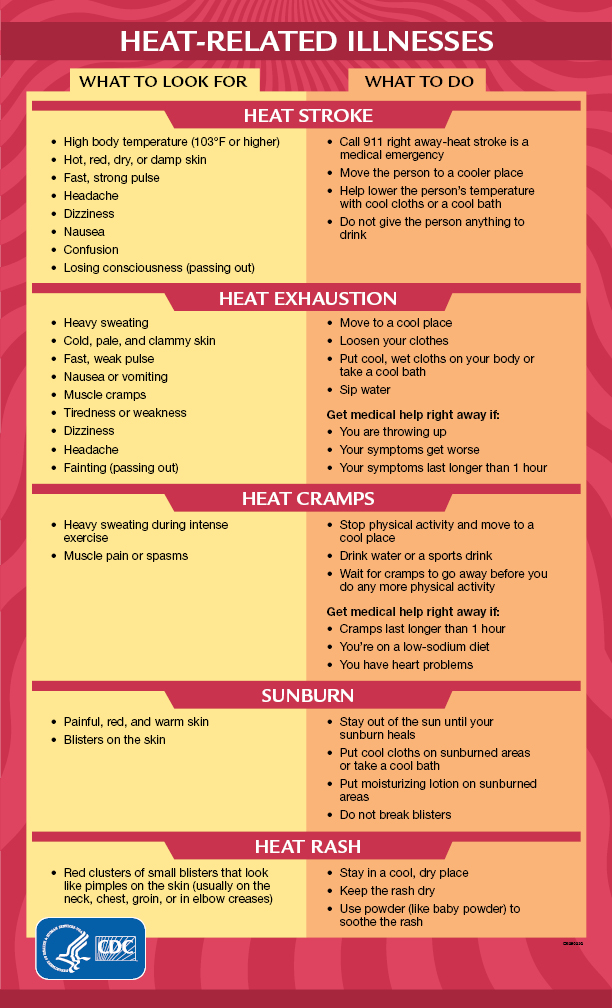If you’re considering Jase, chances are you’ve paused and thought, “This makes sense, but I still have a few questions.”You’re not alone. Here are the most common ones we hear, answered plainly. Is this really doctor-prescribed? Yes. Every Jase order is reviewed by a...
Planning a Trip This Summer? Don’t forget your Portable Medical Kit!
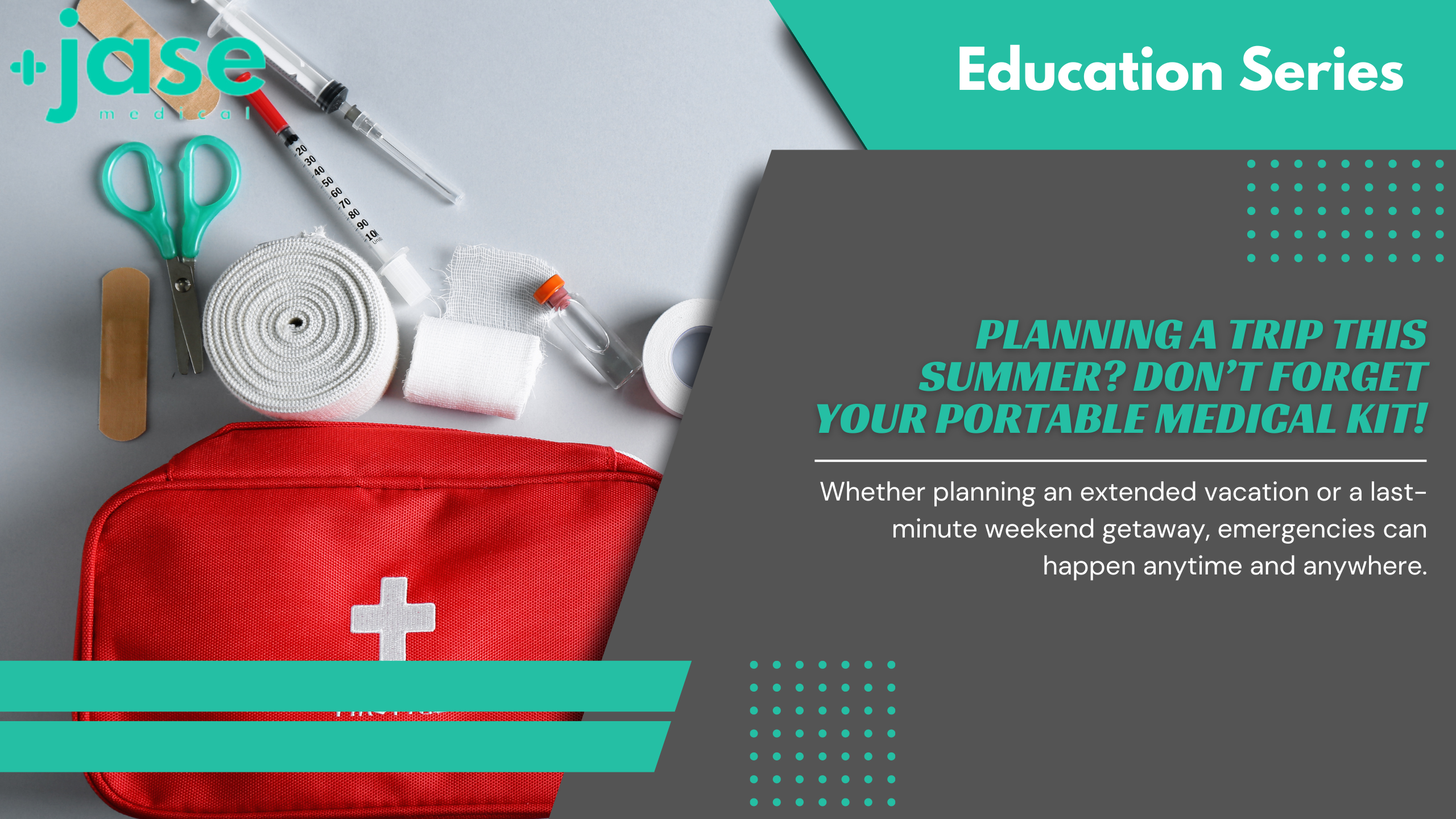
Whether planning an extended vacation or a last-minute weekend getaway, emergencies can happen anytime and anywhere. A portable, grab and go kit that carries not just basic first aid supplies but things you may need to prevent or manage minor illnesses can keep you and your family from having to interrupt your plans by seeking medical attention.

Depending on where you are headed- the great outdoors or jetting out of town, there are always a few things that traveling anywhere has in common.
- Your schedule is different, so your immunity is lower. Even if you plan your trip around your awake/asleep cycle, the very fact you are traveling makes life stressful. Stress doesn’t necessarily have to be a negative event. Even “good” stress can compromise health- Negotiating travel- whether by car or plane can be stressful. The end goal may be geared toward a fun filled vacation, but getting there may not be. Our immune system isn’t too happy with us when we are stressed and tends to not be as strong. Strange water, food, schedules and new areas traveled can set us up for illnesses we normally would shake off. For instance, you pull into a roadside restaurant (or airport food court) for a quick bite. You eat and leave, not knowing that the food wasn’t thoroughly cooked (rush hour). Several hours later, diarrhea, vomiting and low grade fever hit. These are classic signs of salmonella poisoning (from contaminated food). When functioning properly, the stomach has natural defenses against salmonella poisoning. The high acid content kills the bacteria. However, when our regular diet and routine are interrupted, we can succumb to illnesses that normally wouldn’t affect us.
If able, have a cooler full of foods you normally eat to snack on your trip. Try not to eat out if possible. If traveling by plane, purchase bottled water, avoid drinking faucets (dangerous bacteria has been found in drinking fountain water) Bring extra food in case plane is delayed.
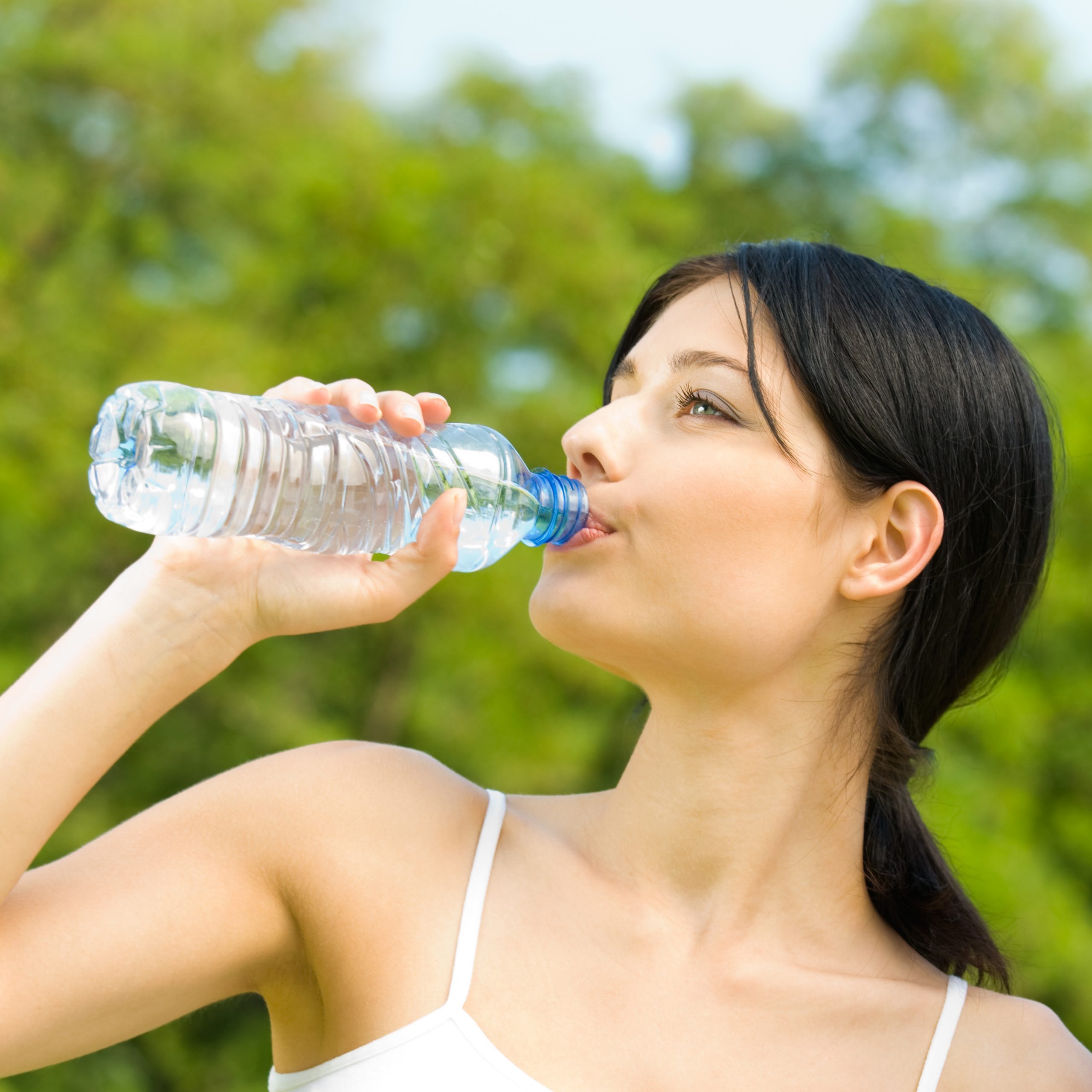
2. Heat and travel don’t mix- Be sure to keep plenty of water and electrolyte mix on hand . Dehydration is a very serious condition, leading to kidney failure and death. If you are traveling in an area known to be hot (even if it isn’t) be sure to pack electrolyte powder in your portable medical kit. If possible, travel early in the morning before the heat of the day. Keep a water bottle filled with water for each passenger in the car. Don’t forget about pets; remember a water dish and extra food for them also. Have at least an extra gallon of water stored in addition to each person’s water bottles.
3. Take frequent breaks- if traveling by car, trade drivers. Highway hypnosis is real. The monotonous job of driving for hours can lead to falling asleep at the wheel even though you don’t realize it. Take advantage of travel rest areas. Get out and stretch your legs. If you are the sole driver and are feeling fatigued be sure to pull over and take a nap or find a hotel if it is getting late.
In addition to a standard first aid kit, a travel medical kit should be added for extended trips away from home.
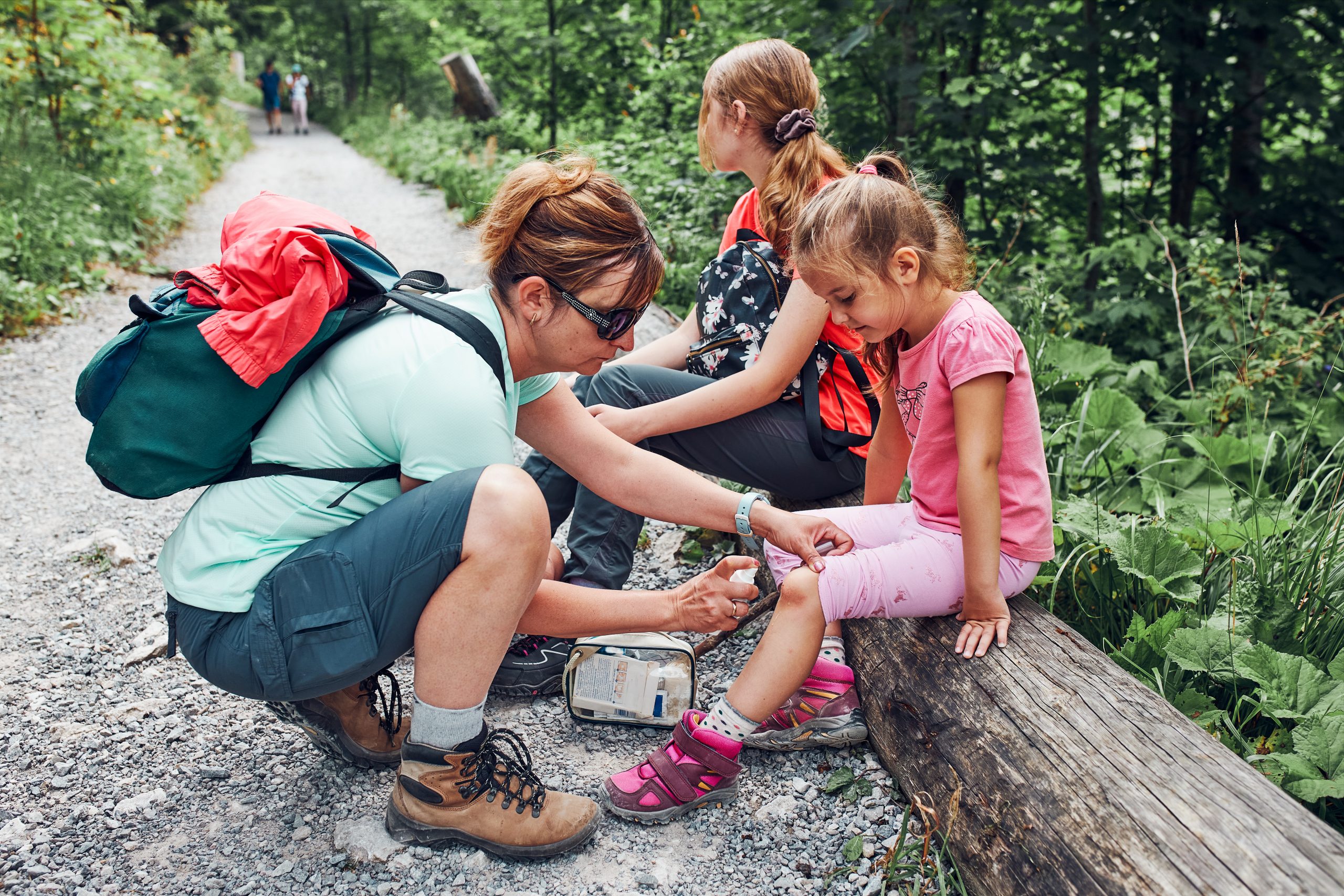
This type of kit should include:
- Extra prescription medication and any otc supplements or vitamins- at least several days more than you think you may need in case your trip home is delayed.
- Anti diarrheal medication (Imodium or Pepto-Bismol)
- Age appropriate fever and pain reliever for all in group) Tylenol, ibuprofen, naproxen, etc.)
- Antihistamine for allergic reactions and seasonal allergies
- Sunscreen (with UVA and UVB protection, SPF 15 or higher)
- Sunburn cream or Aloe gel
- Moist towelettes to wipe hands in case there is no clean water at rest stations or airport restrooms.
- Electrolyte powder packs
- Travelers’ diarrhea antibiotic (check out Jase case antibiotics if you haven’t already)
- Diarrhea medicine (Imodium or Pepto-Bismol)
- Antacid (Tums)
- Motion sickness medicine (Dramamine)
- Cough drops, cough suppressant, or expectorant
- Mild laxative
- Hand sanitizer (containing at least 60% alcohol) or antibacterial hand wipes
- Water purification tablets
- Insect repellent (with an active ingredient like DEET or picaridin) Some essential oils have proven insect repellant properties. Check out this research paper for more information.
- Insect bite anti-itch gel or cream (calamine lotion, hydrocortisone cream)
- Cotton swabs (Q-Tips)
- Tweezers
- Paper cups
- Brooke Lounsbury, RN
Medical Content Writer
Lifesaving Medications
Recent Posts
Keeping you informed and safe.
FAQ: Our most commonly asked questions about Jase
Medical Readiness: What Really Kills First
When Disaster Strikes, It’s Not Hunger or Thirst That Takes the First Lives In every disaster zone, from hurricanes in the Caribbean to war zones in Ukraine, the pattern is the same. People worry about food and water, but it’s infection that kills first. A small wound...
Exploring Dr. William Makis’ Hybrid Orthomolecular Cancer Protocol: Focus on Ivermectin and Mebendazole/Fenbendazole
Exploring Dr. William Makis’ Hybrid Orthomolecular Cancer Protocol: Focus on Ivermectin and Mebendazole/Fenbendazole *Disclaimer: This article is for educational purposes and does not constitute medical advice. Always seek professional guidance.* In the evolving...




